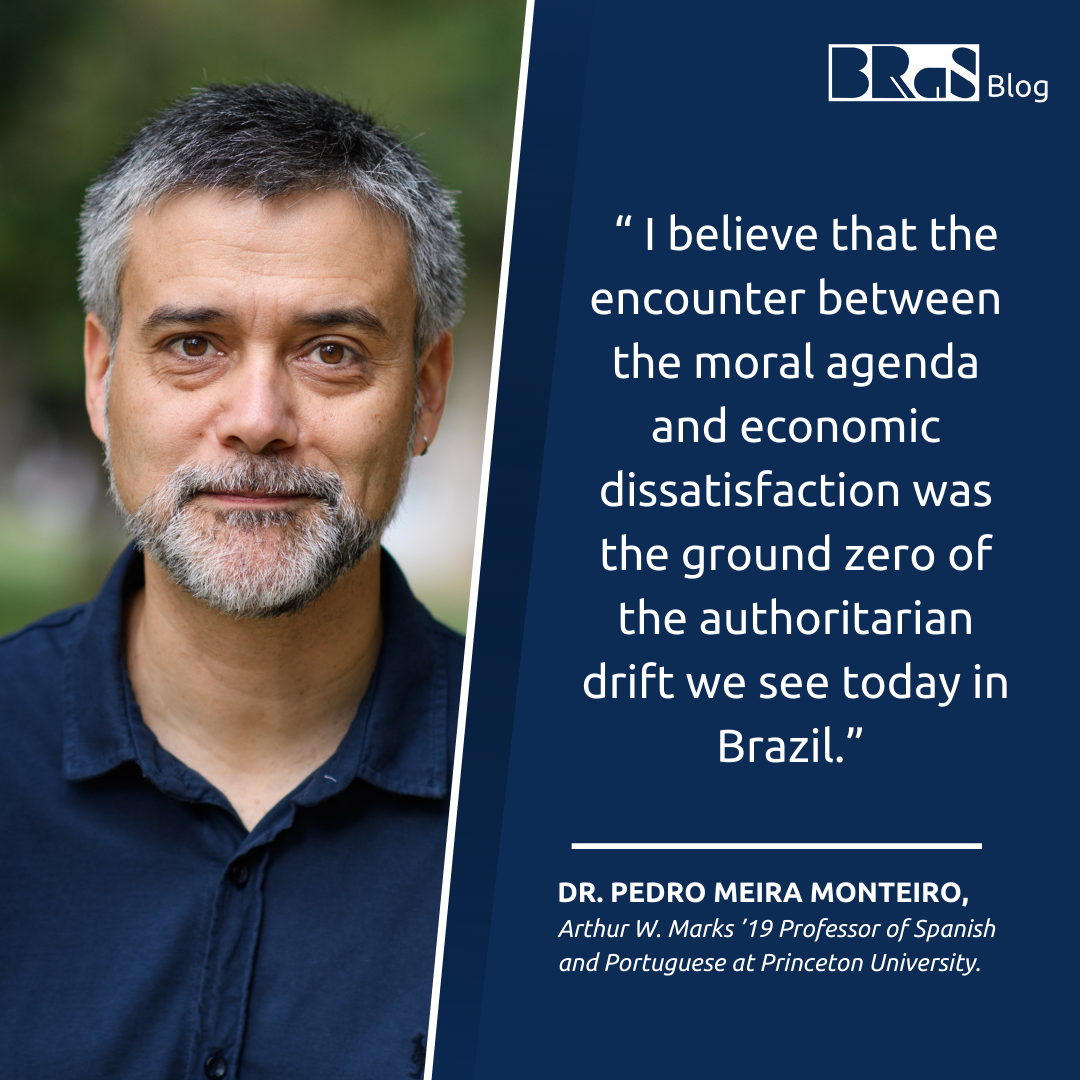by Vinício Carrilho Martinez, Professor at Federal University of São Carlos, Head of Research Group of Constitutional Studies
Translated and Reviewed by Matheus Lucas Hebling
Many phrases define the country. One of the best known today is: “Brazil is not for amateurs”. In other words, very proud boasted that we were the country of the future: in the present, however, it can be seen that we have demolished the wealth and national institutions like no one else. The ball was in turn for Petrobras – not only because of the militarized intervention in his presidency but above all because of the leakage of sensitive information that led to a drastic drop in the value of the company and its shares.
In a moment of leakage of privileged information, it is estimated that some “bettor” of the Stock Exchange has enriched 18 million reais, as well as international investors, took their assets at the same speed. The fear, of course, is that your money will disappear, just as national economic bankruptcy is approaching. In addition, it can be said that this mismanagement operation privatized another piece of the largest national company. Its actors were political agents and the result also coincided with yet another advance in the militarization of Political Power.
The country is not for amateurs. The political foxes who say so, as well as the Judiciary and the Public Prosecutor’s Office, should have the floor so that they no longer remain impassive before the end of the public court. If we are no longer – if we ever were – capable of talking about governance and political predictability, institutional stability, let alone advancing on some Constitutional Sovereignty in which the Democratic State of Fundamental Rights regulated the course of public affairs.
If in practice we apply the corruption of the word of power, as Father Vieira (1993) has taught for centuries in a row – from “later ones”, the councilors have become executioners and “latrines” – imagine what we were able to do, conceptually. Even a basic sense of state, of those who served well in the 19th century and subsequently proved insufficient, is not the depository of any Political Intelligence in this precarious 21st century, at least not in Brazil. Let us, therefore, approach a part of this beginning of the Theories of the State, to better understand what today surprises only a few.
Theory of State Self-Limitation
In its wake, the classic version of Zippelius corresponds to the rule of law, such as: “the obligation to create and maintain certain public institutions” (1997, p. 377). Now, it is clear that the primary function of the State is not to legislate on private property or to dispose of its energies around private law. Other jurists still remember Jellinek and the normative institutions: “the Constitution designates the set of legal norms that define the supreme organs of the State, determine the form of its creation, its reciprocal relationship and its scope of action, as well as determine the position of the individual about the power of the State ”(PEÑA, 2003, p. 61).
In the Brazilian case, the Theories of the State should give special coverage to the preamble to the Constitution, as well as it is supposed to analyze in detail articles 1 to 4 since article 5 deals with individual rights. The Constitution itself articulates the Theories of the State, transforming the precepts of the modern Democratic State into articles. In the CF88 the political history of the State and society parades: from liberalism to democracy; and from there to the socialist precepts. Finally, some maintain that discussion and terminology are meaningless because in the Modern State there is no freedom without state intervention or predisposition to its recognition. There is no point in insisting on the public character of freedom simply because there are no private freedoms outside the state. In any case, it can be emphasized that liberalism was positive as a human right only in the post-French Revolution:
“For the liberal ideology, the individual is an end in itself, and society and law are nothing more than means put at its service to facilitate the realization of its interests. In this regard, it is certainly recalled that the most representative myth of this ideology is Robinson Crusoe, who is “the hero of individualism in action”. From these coordinates, individual rights are considered in an eminently negative sense as a guarantee of state non-interference in their sphere: this is what Georg Jellinek will call status libertatis and Georges Burdeau freedom-autonomy” (LUÑO, 2003, p. 35).
In any case, the influence of Jellinek would still be manifested in another German jurist of great importance and international repercussion: Hans Kelsen (1881-1973). On this point, however, wouldn’t it be time to postulate for a Constitutional Positivism, in which the Positive Object of the Federal Constitution of 1988 was, obligatorily, respected? Which Positive Object? In this case, what is implied (or was implied) by the Political Charter of the Federative Republic of Brazil (MARTINEZ, 2021). Anyone who still remembers what Petrobrás went to and compares it with the achievements of February 2021, must necessarily conclude that the Theory of Political Self-Containment of Political Power is negatively affected – at least since 2016 (MARTINEZ, 2019).
Martinez, Vinício Carrilho. 2021. "Petrobras is no longer ours". Brazilian Research and Studies Blog. ISSN 2701-4924. Vol. 2 Num. 1. Available at: https://www.bras-center.com/petrobras-is-no-longer-ours/, accessed on: February 3, 2025.






